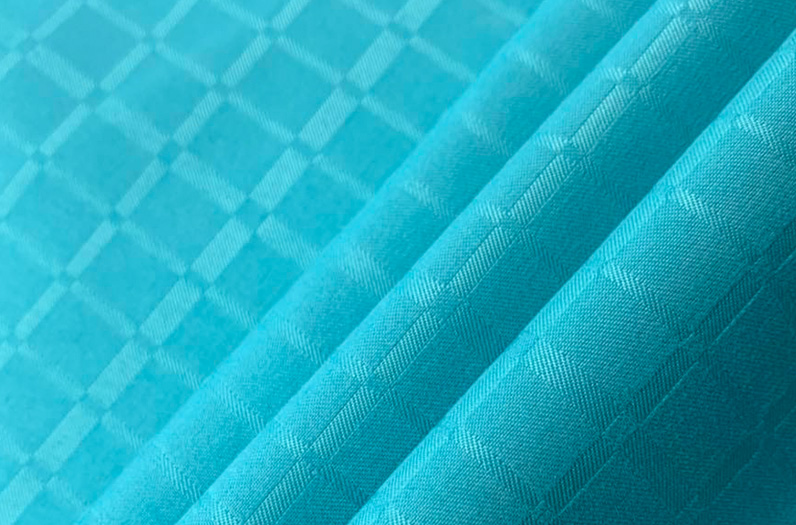Sustainability has become a crucial factor in the commercial value of dyed polyester fabrics, reflecting a significant shift in consumer preferences and industry practices. As awareness of environmental issues grows, consumers increasingly favor brands that prioritize sustainable production methods. This demand influences the entire lifecycle of polyester fabrics, from sourcing raw materials to the dyeing processes and end-of-life disposal. Sustainable practices, such as using recycled polyester or eco-friendly dyes, not only appeal to environmentally conscious consumers but can also enhance a brand’s reputation, driving loyalty and potentially leading to higher sales.
The impact of sustainability on dyed polyester extends to the dyeing techniques employed. Traditional dyeing methods often involve harmful chemicals and high water usage, contributing to environmental degradation. In contrast, innovative approaches, such as digital printing or the use of natural dyes, are gaining traction. These methods minimize water and energy consumption and reduce waste, aligning with sustainable values while maintaining the fabric's aesthetic qualities. Companies adopting these practices often find that they can market their products at a premium, as consumers are willing to pay more for environmentally friendly options. Thus, sustainability not only reduces the environmental footprint of dyed polyester fabrics but also adds intrinsic value, enhancing their marketability.

Furthermore, sustainability influences the entire supply chain, encouraging transparency and ethical practices. Consumers are increasingly interested in the origins of the products they purchase, leading to greater scrutiny of sourcing and manufacturing processes. Brands that can demonstrate a commitment to sustainability—through certifications, transparent supply chains, and ethical labor practices—are likely to attract a broader customer base. This shift is particularly relevant in sectors like fashion and home textiles, where the appeal of dyed polyester jacquard stripe fabrics is heightened by their versatility and luxurious appearance. In essence, by intertwining sustainability with quality, brands can create a compelling narrative that resonates with consumers, ultimately boosting the commercial value of their dyed polyester offerings.
The intersection of sustainability and commercial value in dyed polyester fabrics represents a transformative trend within the textile industry. As companies strive to meet consumer expectations for responsible production, those that embrace sustainable practices not only contribute positively to the environment but also enhance their market position. This evolving landscape highlights the importance of aligning business practices with the values of today’s consumers, proving that sustainability is not just a trend but a fundamental component of long-term commercial success.

 English
English Español
Español























.jpg?imageView2/2/format/jp2)





























